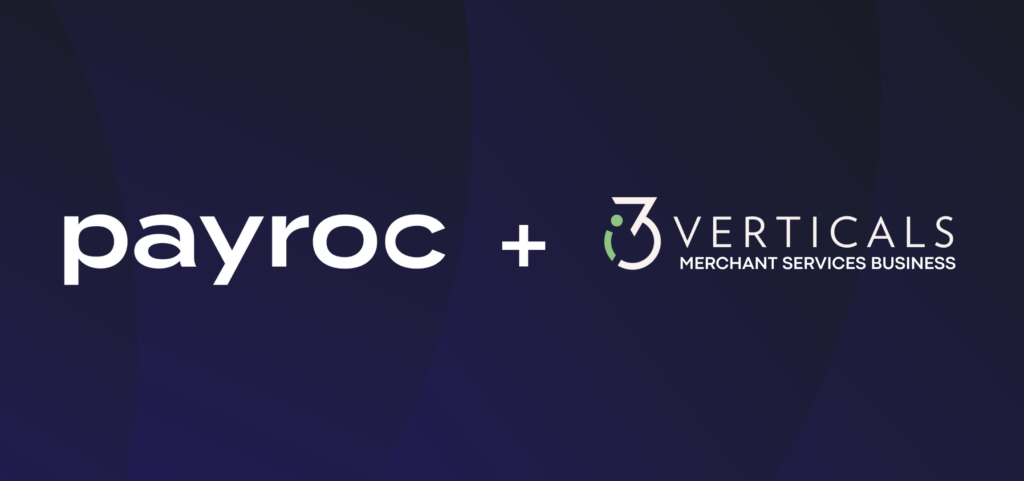What Merchants Need to Know About B2B Payments

As a business that accepts payments from other companies, a big part of safely exchanging money is providing customers with a stable, efficient, and secure method of paying for goods and services. Understanding what business-to-business (B2B) payments are and how they work is key to successfully running a company.
B2B Payments Defined
A business-to-business payment refers to any monetary transaction between two businesses. The B2B payment process is conducted between a business that has purchased a product or service and one that has provided the product or service.
Common examples of B2B payments are purchasing inventory, services rendered, or even rent. These types of payments tend to be large and can be recurring. To make a B2B payment, sellers typically send itemized invoices and wait to receive payment from the buyer.
Advantages and Disadvantages of B2B Payment Methods
Checks – Despite the push to online payments, buyers are still defaulting to old school payment types. Some 40% of all B2B payments in the US are still made via check.
To pay by check, most B2B companies require an invoice. They pass this invoice to an accounts payable (AP) department which uses a paper check book prefilled with their bank details. The AP team writes the dollar amount on the check and mails it to the vendor business. The accounting team would then take the paper check to the bank (or scan it through a mobile app). The buyer’s issuing bank will then release the payment into the vendor’s merchant account.
The advantage of accepting checks is that old retailers are comfortable with paper check payments. Forcing them to pay with another B2B payment method could be a confusing obstacle in their buying process. However, the downside to using checks are huge—because paper checks risk getting lost in the mail, are time consuming, and involve manual labor.
ACH Payments – Automated Clearing House (ACH) is an online network that helps businesses process large transactions. It’s the second-most used B2B payment method, often reserved for B2B payments between businesses and bigger retailers.
The downside to ACH payments is that it takes much longer to process a transaction, since payments are sent in batches throughout specific windows in the day. Plus, the ACH network is primarily available to businesses within the United States which doesn’t work well for cross-border payments.
Wire Transfers – A wire transfer is a bank-to-bank transaction, and it is one of the most common methods for making B2B payments. The main draw to wire transfers is that they are fast, secure, and can happen over the phone by speaking directly to a bank or through an online banking profile. A downside is that the process can include a fee for both parties that varies by bank and type of transfer.
Card Payments – Utilizing credit or debit cards are a quick and easy way for businesses to make B2B payments, and they also offer the opportunity to earn rewards points or cash back on transactions. B2B ecommerce is one of the fastest-growing sales models. Some estimates value the global B2B ecommerce market at over $12 trillion, taking up 13% of total B2B sales in the US.
The downside to card payments is the fees associated with accepting them, but B2B transactions can qualify for better interchange rates like Level 3 and Large Ticket that help drive those costs down. Card payments also have advantages like electronic invoicing that speed up cash flow and reduce friction in their payment acceptance.
Find a B2B Payment Processing Solution that Fits Your Needs
PYMNTS found just 30% of businesses said their current solutions were very or extremely effective in addressing B2B payments friction. Another third said their current solutions were slightly or not at all effective. When choosing a B2B payment processing platform, confirm they accept your buyers’ preferred payment methods and can provide solutions that make sense for your businei3merchant.comss needs.
To Learn More About Our B2B Payment Solutions:
Contact us online or call 1-800-621-8931.
Subscribe to Card Talk
Our monthly newsletter delivers the latest payments news straight to your inbox


